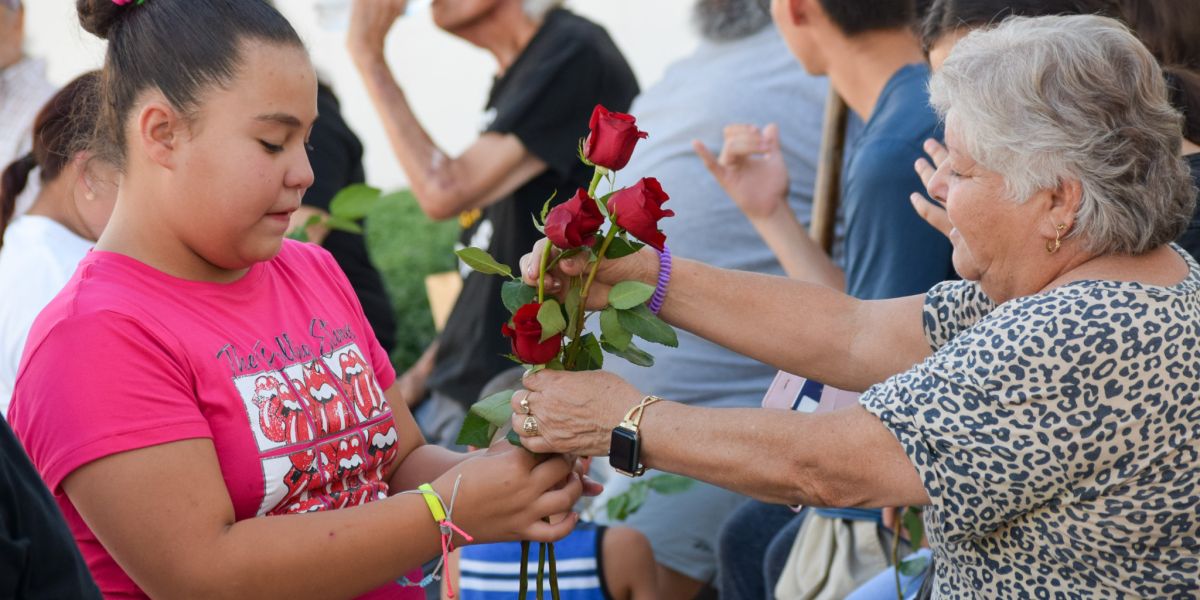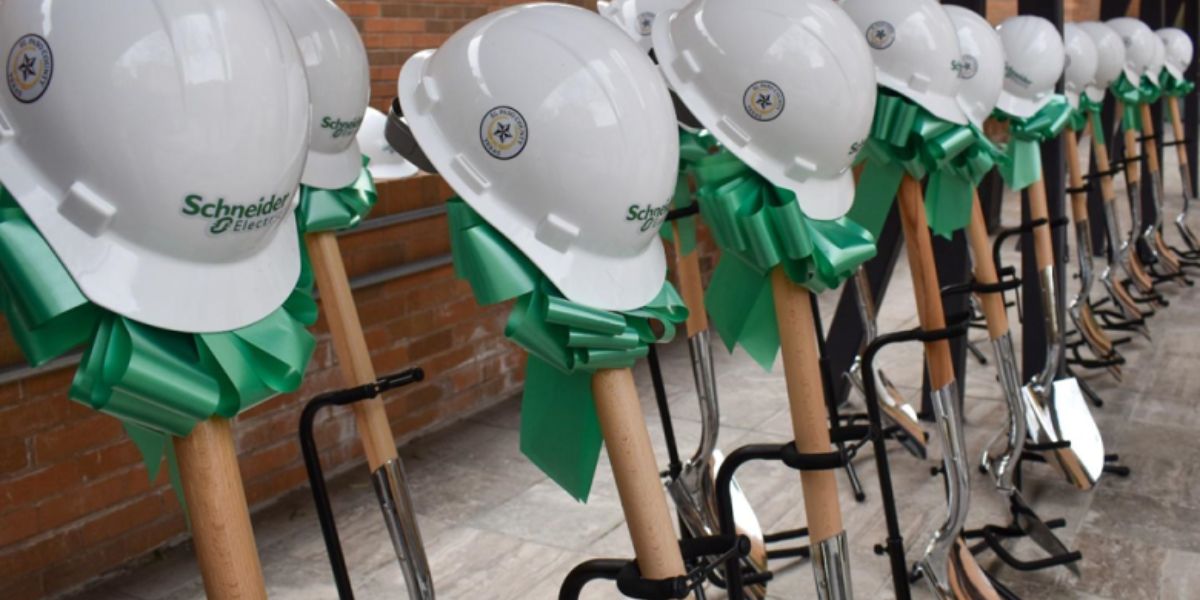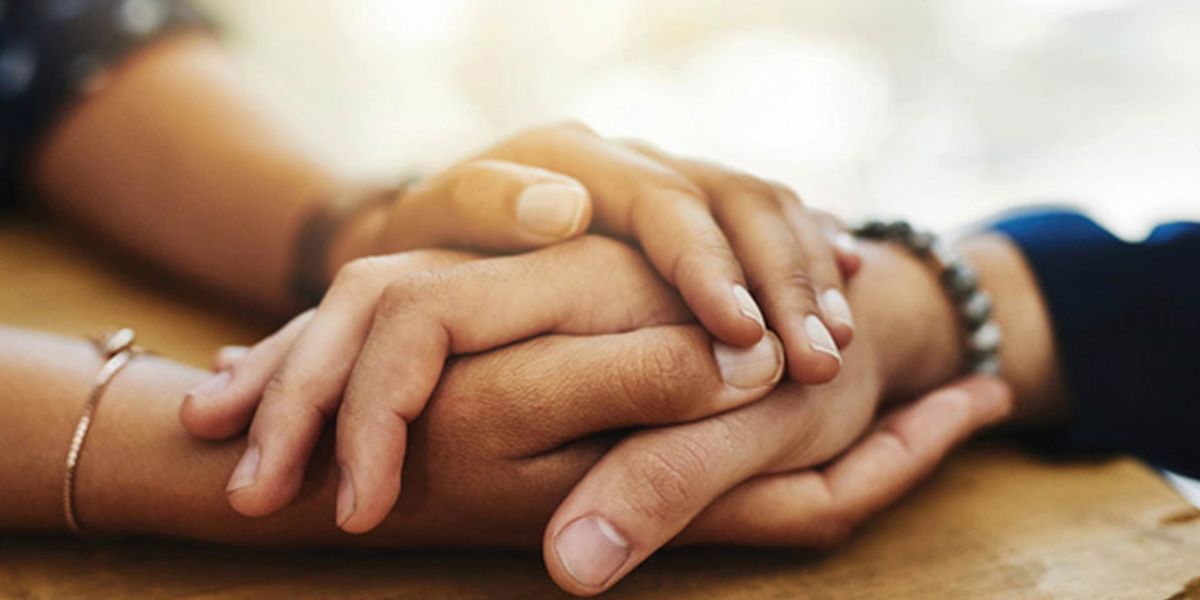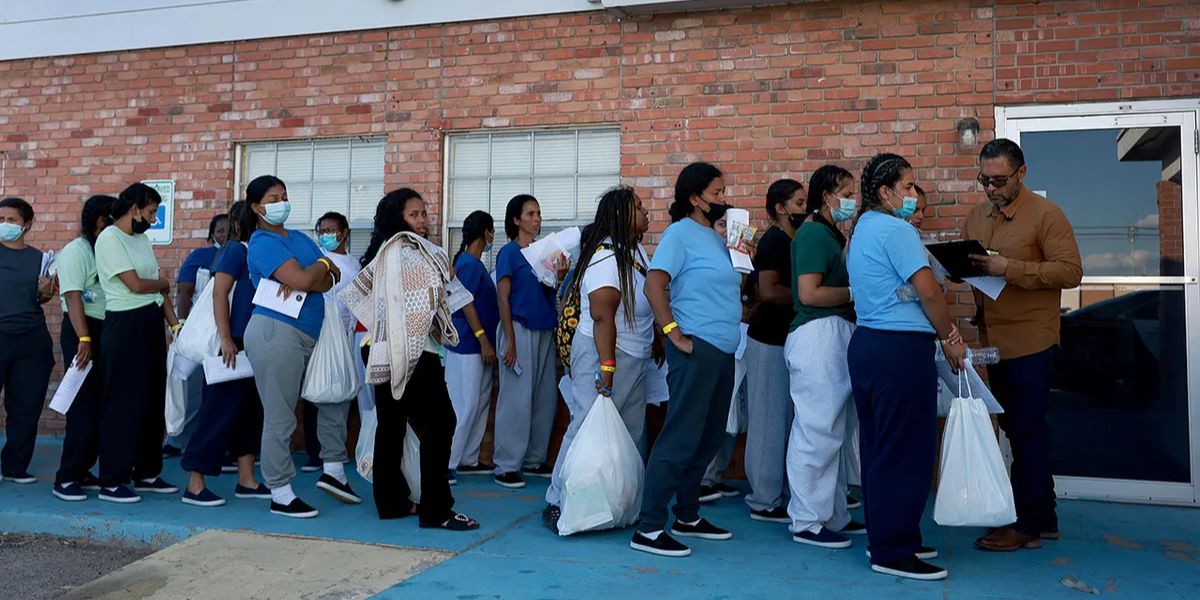El Paso, TX – When times get tough, El Paso families have a way of showing what true resilience looks like. Whether facing economic hardship, loss, or community-wide tragedy, residents across West Texas continue to lean on one another with strength, empathy, and hope. Their stories reveal that resilience isn’t just about surviving challenges — it’s about standing together to rebuild, recover, and rise stronger than before.
The Meaning of Resilience in West Texas
In El Paso, resilience has deep roots. Families here have long faced economic uncertainty, border-related challenges, and, at times, collective grief. Yet again and again, they demonstrate that healing happens in community, not isolation.
Table of Contents
As Miguel Ortega, a community resilience planner and family support practitioner based in El Paso, explains:
“Resilience isn’t something people are born with — it’s something they build together. Families here know how to adapt, share, and lift one another up when life gets hard.”
This community-first mindset has shaped local efforts in everything from family assistance programs to neighborhood safety initiatives — showing that resilience is both an individual and a shared skill.
Family Networks as Safety Nets
In El Paso, extended families often form the foundation of support. Grandparents, aunts, cousins, and close family friends play active roles in childcare, financial assistance, and emotional support. When one household struggles, others step in — a tradition that keeps many families afloat during crises.
This intergenerational model of care became especially vital during the COVID-19 pandemic, when job losses and school closures tested families’ endurance. Informal support networks filled the gaps that formal systems couldn’t, ensuring no one was left behind.
Local nonprofits such as Project Vida and Familias Unidas have worked to strengthen these organic systems by offering family resource hubs, where relatives can access shared tools like financial counseling, food assistance, and peer support. These programs help families coordinate care and avoid burnout while managing shared responsibilities.
Emotional Strength Through Shared Experience
Emotional resilience is just as critical as financial or logistical support. In El Paso, family circles are where healing begins. Families often hold open conversations after crises — whether about grief, stress, or fear — helping children and adults alike understand that vulnerability doesn’t mean weakness.
Community centers like Casa Ortiz Family Services host “family reflection nights” that blend cultural traditions with mental health awareness. These gatherings allow families to process challenges collectively through storytelling, art, and dialogue.
“When families talk about what they’ve been through, they pass on coping skills to the next generation,” Ortega says. “It’s how resilience becomes a family value.”
Supporting One Another Through Community Programs
Formal support systems in El Paso now build on the strength of family bonds. Programs like Building Resilient Families and Strength in Unity connect households facing hardship with local mentors, counselors, and social workers.
These programs emphasize three core areas:
- Economic stability through budgeting and employment assistance.
- Emotional resilience through counseling and mindfulness workshops.
- Community connection through group activities, neighborhood volunteering, and peer mentoring.
Families who participate report feeling more connected and confident when handling adversity — from job loss to medical emergencies.
Youth as Leaders of Resilience
Younger generations are also playing a growing role in sustaining El Paso’s resilience culture. High school and college students are volunteering in youth-led service projects that support families impacted by violence or poverty.
Programs like the El Paso Youth Leadership Council train students to facilitate food drives, mentor younger kids, and coordinate outreach for families in crisis. By learning to serve others early, youth are developing lifelong habits of empathy and civic responsibility.
One student volunteer reflected,
“Helping families in my neighborhood made me realize we all have something to give — even when we don’t have much. That’s what community really means.”
Faith and Cultural Bonds as Anchors
Faith remains a strong source of resilience for many El Paso families. Churches, mosques, and community centers frequently open their doors for support groups, grief counseling, and food distribution after crises. Cultural traditions — from holiday celebrations to neighborhood fiestas — remind residents of their shared heritage and collective strength.
These gatherings reinforce hope and solidarity, offering both spiritual comfort and tangible aid. By combining faith, culture, and community service, El Paso families sustain a sense of identity and belonging even in uncertain times.
The Future of Family Resilience in El Paso
As economic and social pressures evolve, El Paso’s commitment to family-centered resilience continues to grow. Local agencies are expanding access to mental health resources, trauma-informed care, and financial education, ensuring that support is available to all families, not just those in crisis.
Ortega believes this holistic approach is what sets El Paso apart:
“We don’t wait for someone else to fix our problems. Families here build their own safety nets — one act of kindness, one shared meal, one conversation at a time.”
Turning Hardship Into Hope
El Paso’s story is a testament to what happens when families refuse to give up on one another. Their resilience isn’t defined by the crises they face, but by how they respond — with compassion, connection, and courage.
“Resilience is action,” Ortega says. “It’s the everyday choice to keep showing up for each other, no matter what.”
What do you think?
How have you seen families in your community support one another through difficult times? Share your thoughts or stories in the comments below and explore more resilience insights at reachviolenceprevention.org.









